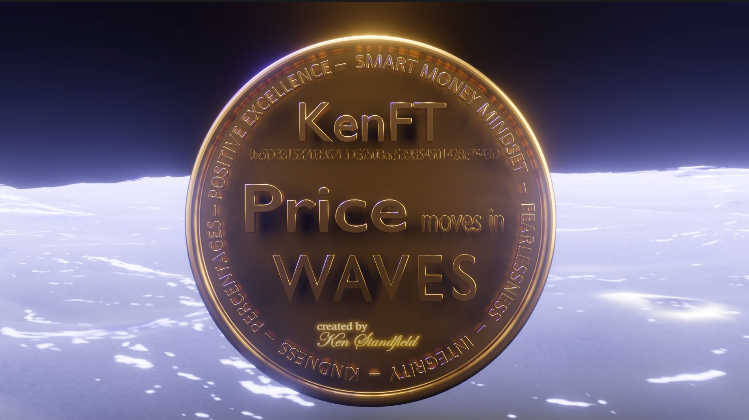John Wu, president of Ava Labs, the corporate behind the Avalanche blockchain, expressed optimism relating to the future of Ethereum (ETH)-based exchange-traded funds (ETFs) throughout a current interview with Bloomberg Television. Wu highlighted the aggressive setting Ethereum is in in comparison with Bitcoin, underscoring Ethereum’s broad purposes and utility inside the decentralized finance (DeFi) sector.
Comparison between Ethereum and Bitcoin ETFs
Wu identified the aggressive variations between Ethereum and Bitcoin, explaining that whereas Bitcoin primarily competes with gold, Ethereum faces competitors from varied blockchain platforms reminiscent of Avalanche and Solana. This competitors, coupled with Ethereum’s proof-of-stake mannequin, creates a dynamic market setting for Ethereum ETFs.
Influence of Macroeconomic Trends
Ava Labs’ president additionally emphasised the significance of macroeconomic tendencies in driving adoption and progress within the digital asset trade. He talked about that world central banks are reducing rates of interest, which he sees as favorable for the cryptocurrency market. The availability of Ethereum and Bitcoin ETFs improves entry to those digital belongings, broadening their attraction to a broader vary of buyers, together with these working with registered funding advisors like these at Morgan Stanley.
Positive Outlook on Digital Asset Adoption
Despite the challenges, Wu could be very constructive concerning the progress and adoption of digital belongings. He pointed to the rise within the variety of lively wallets and addresses as indicators of this development. The approval of ETH-based ETFs by the U.S. Securities and Exchange Commission (SEC) earlier this yr marks a major step in offering buyers with regulated and accessible means to spend money on Ethereum with out direct possession of the digital belongings.
In brief, Wu’s feedback replicate a powerful perception within the potential for Ethereum ETFs to succeed over time, pushed by continued adoption and favorable macroeconomic situations.












